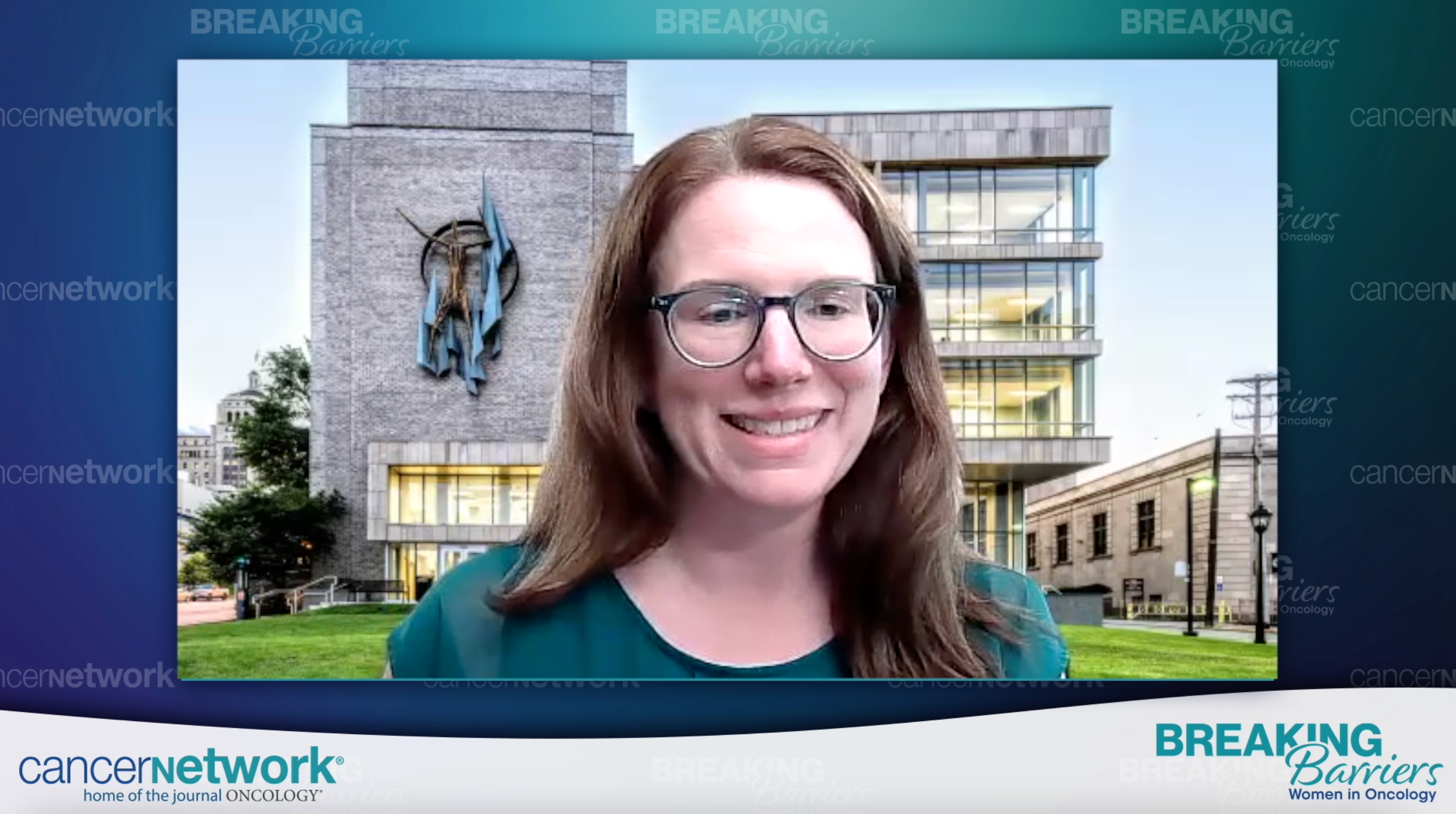
Balancing a Family and an Emerging Career in Public Health

Public health researchers highlight how they learned to overcome and adapt to disparities observed during their careers.
In many fields across the cancer care space, there are disparities observed between men and women. When working as a woman in a male-dominated field such as public health and balancing both professional and personal responsibilities, the disparities may become a bit clearer.
In a recent CancerNetwork® Breaking Barriers: Women in Oncology segment, Cathy Bradley, PhD, and Lindsay M. Sabik, PhD, discussed how they have observed these disparities in their day-to-day careers.
Bradley, dean and professor at Colorado School of Public Health and Deputy Director of the University of Colorado Cancer Center; and Sabik, associate professor and Vice Chair for Research in Health Policy Management at the University of Pittsburgh School of Public Health and a member of the UPMC Hillman Cancer Center, highlighted how beginning families and juggling other personal tasks in the midst of their careers have impacted their lives.
Transcript:
Bradley:
[When] beginning my career, I started a family right away. After accepting my first academic position, my first son was born within that year. It’s just hard. It’s just a difficult thing to take care of small children, go through pregnancy, and deal with those kinds of things. Later in my career, I helped to take care of my parents until they passed away while my children were still young and dependent. [Public health] is just a very difficult, competitive thing. Academia is opening up a little bit more since I started my career in talking about those issues, and the COVID-19 [pandemic] opened up more of those conversations. But the proportion of work [at home] is still largely handled by women.
Sabik:
I would echo that both on the professional side and the personal [side]. [Considering the] societal conventions about the role that women play, and the way that we’ve grown up as women in society, we tend to sometimes experience an undue burden on both the professional and personal side. Having to continually try to prioritize, face those challenges, and make sure that we’re able to focus on the things that we need to and not get overwhelmed are always challenges.
Newsletter
Stay up to date on recent advances in the multidisciplinary approach to cancer.





































